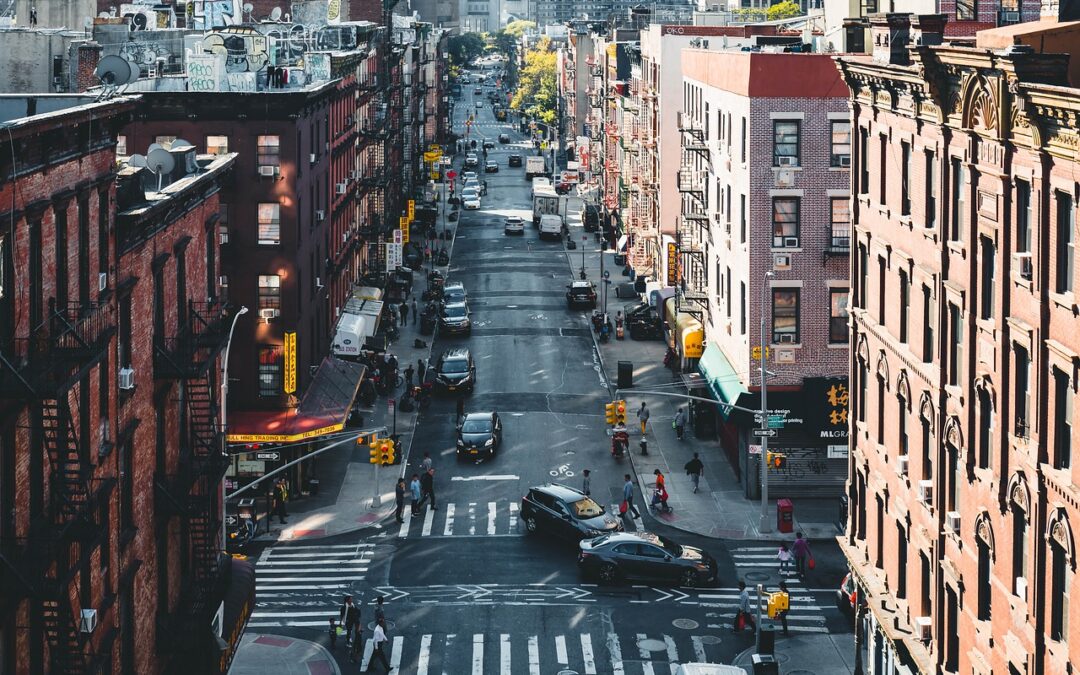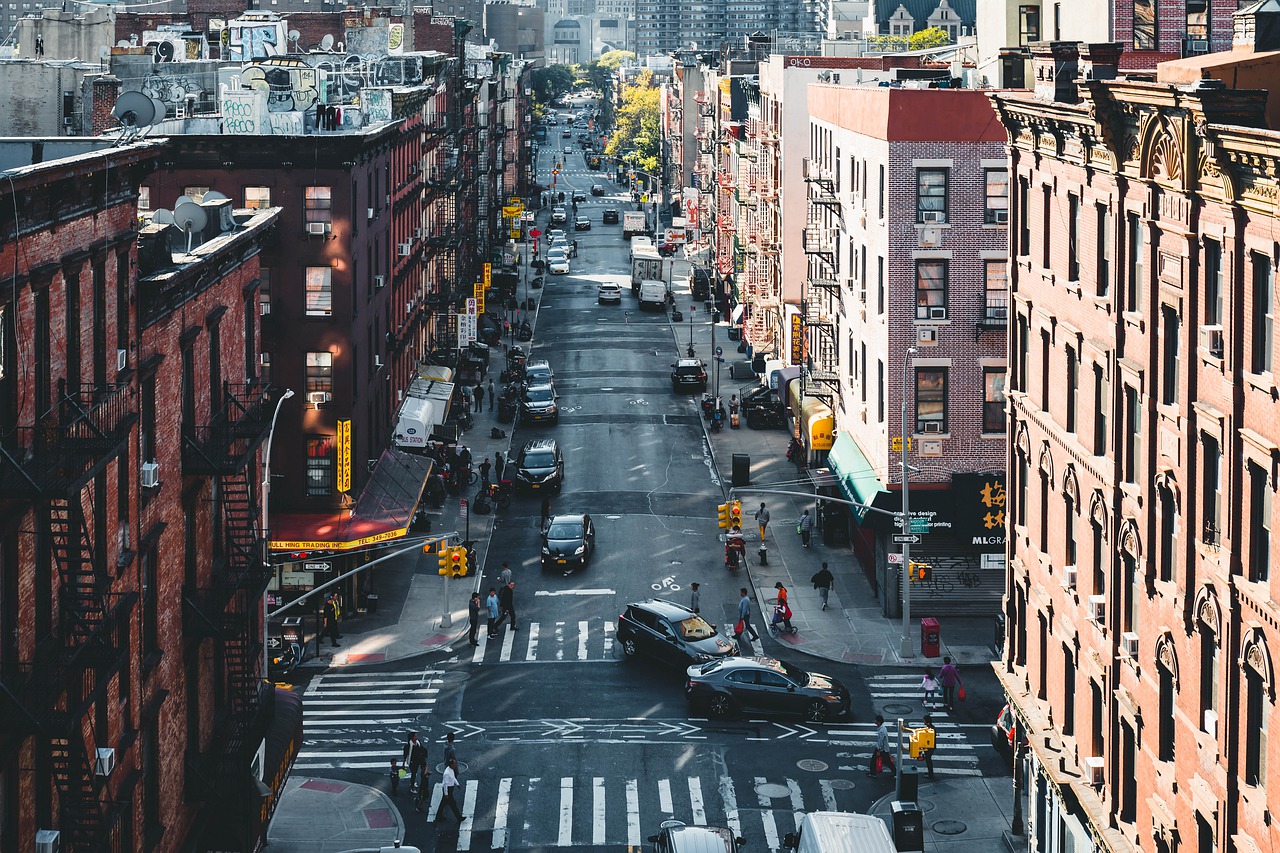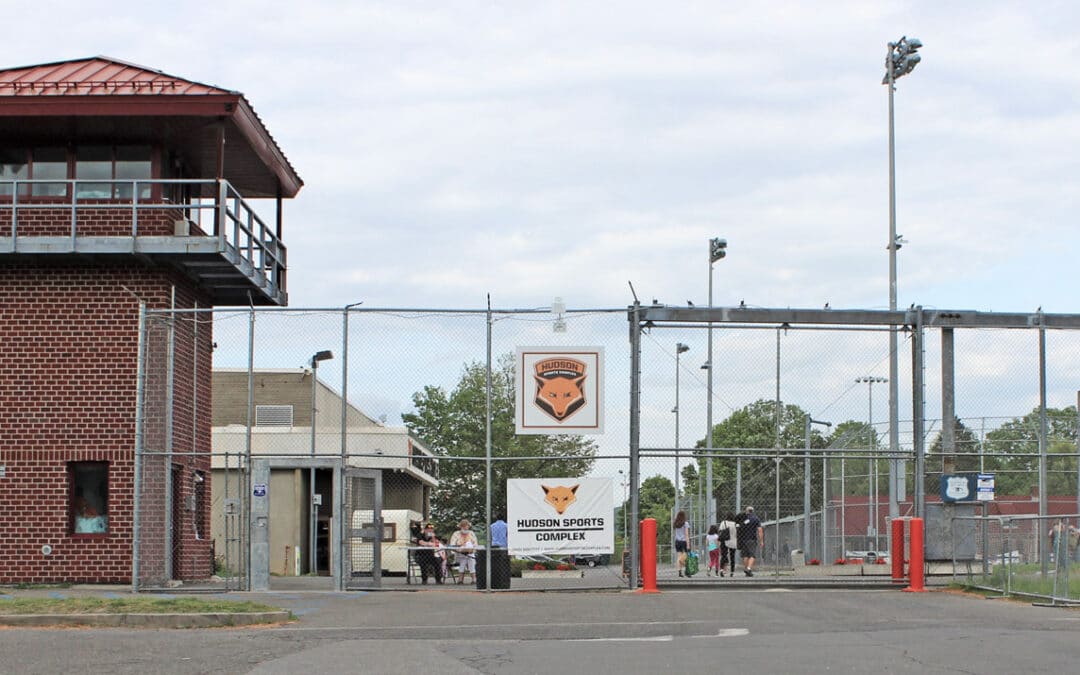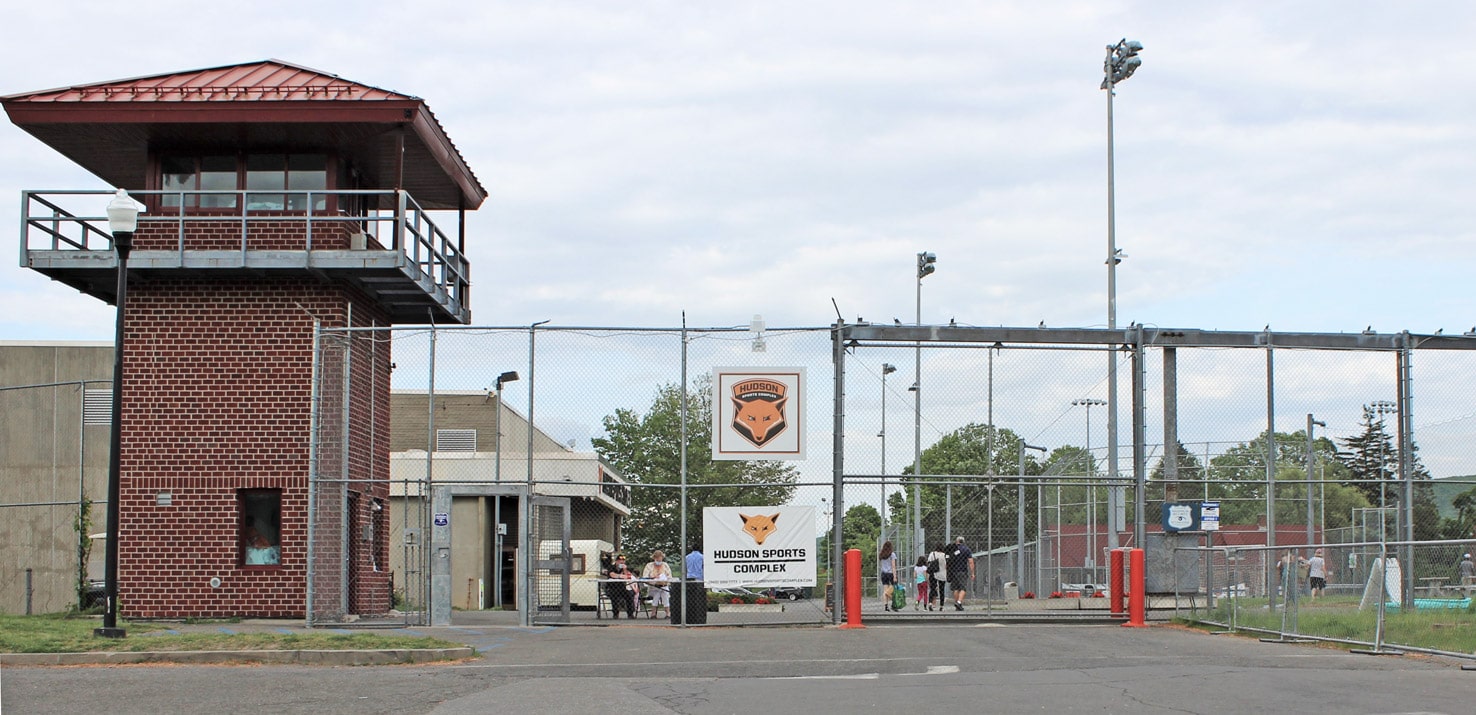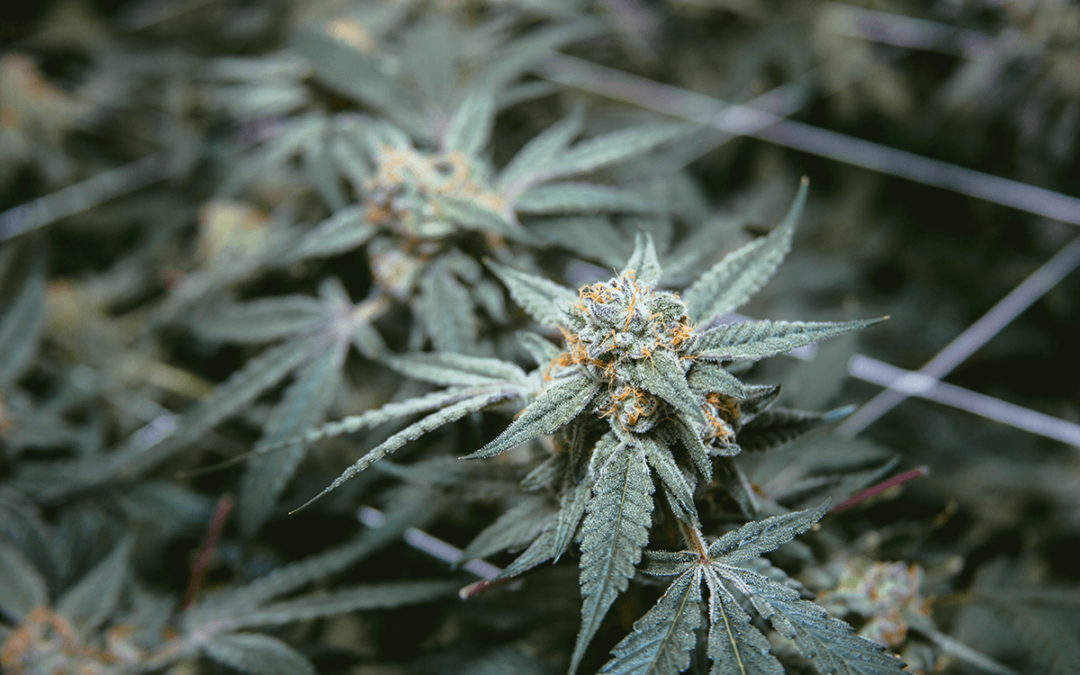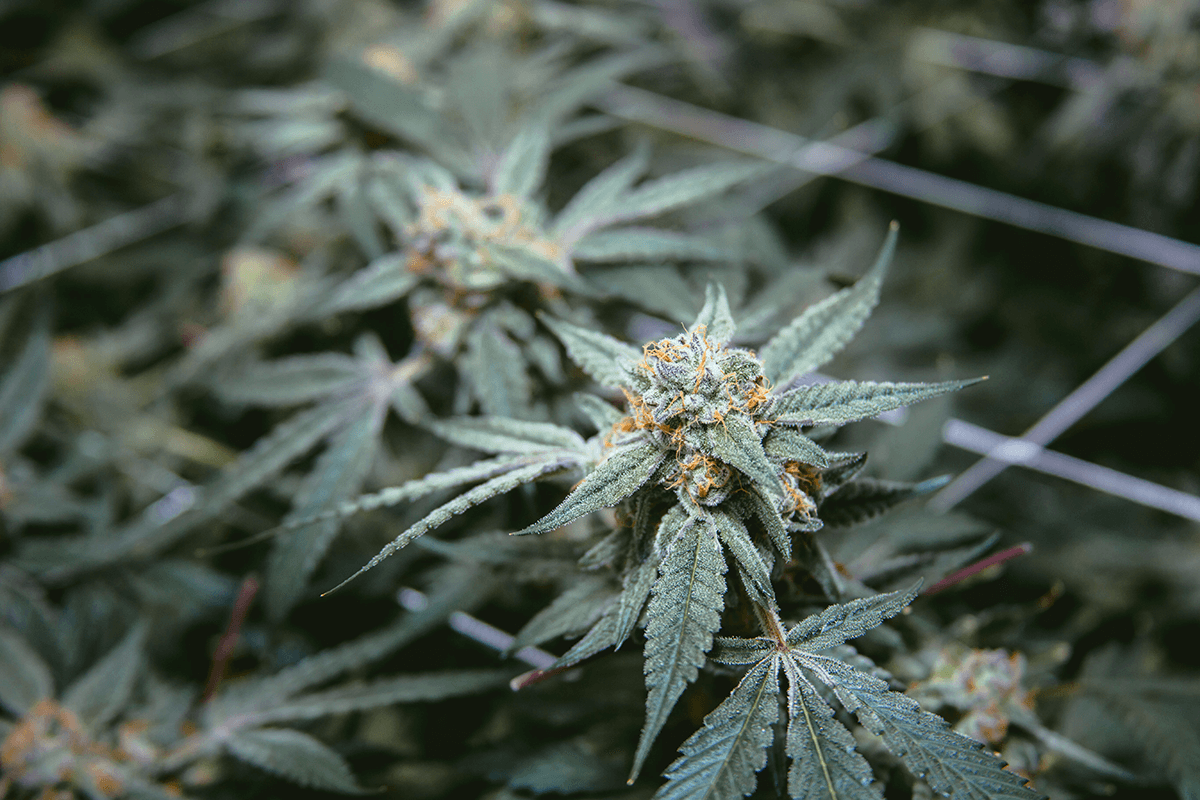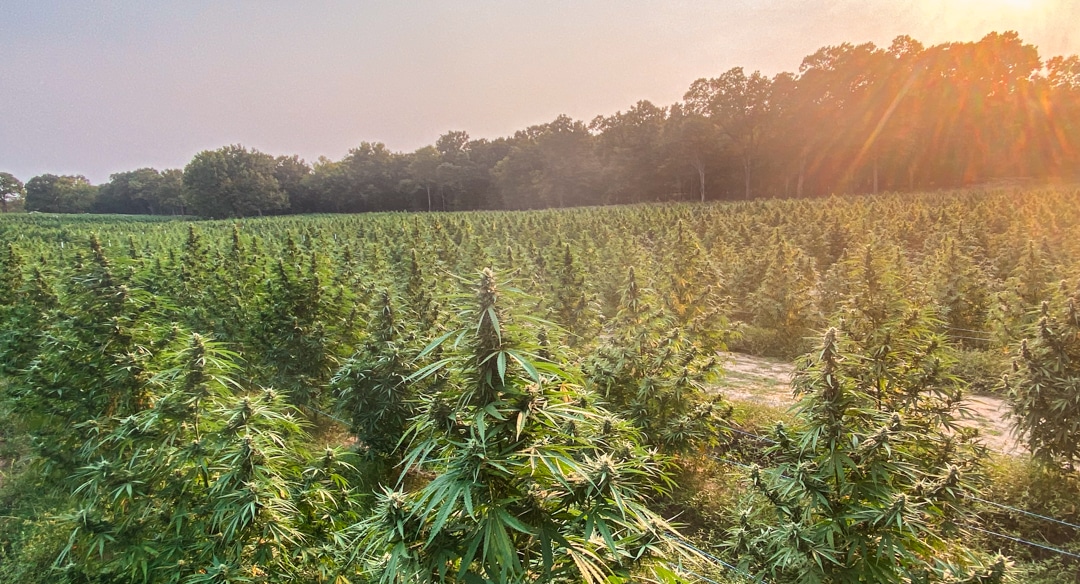
New York bill would allow conditional licenses for cannabis cultivation

While the Office of Cannabis Management lags behind establishing a regulation and licensing process for recreational cannabis in New York, lawmakers are trying to find a workaround in the meantime.
In an effort to ensure that equity applicants — those who will open dispensaries first in the state — have product on their shelves when they open, a bill has been introduced to permit limited cultivation of recreational cannabis via already licensed hemp farmers in the state. Assembly Bill A2682A and Senate Bill S8084A propose the use of “conditional adult-use cultivator licenses” that would give cannabis-adjacent growers (i.e. hemp growers) the ability to plant and process recreational marijuana.
Assembly Speaker Crystal Peoples-Stokes was a sponsor of the bill and one its biggest proponents.
“It provides a conditional license to make sure when licensing is in place that equity business will have a product to put on their shelves,” she said. The legislation would only permit recreational cultivation licenses to valid industrial hemp growers that have been authorized from the Department of Agriculture and Markets, as of December 31, 2021.
With the outdoor planting season beginning in May in New York, legislators are hoping that the bill will pass before then. Should the bill pass, the conditional licenses would eventually expire, requiring the grower to apply for a full license.
New York legalized cannabis for adult use in 2021. However the state has yet to establish a regulated market and regulators say legal sales likely won’t begin until 2023.

